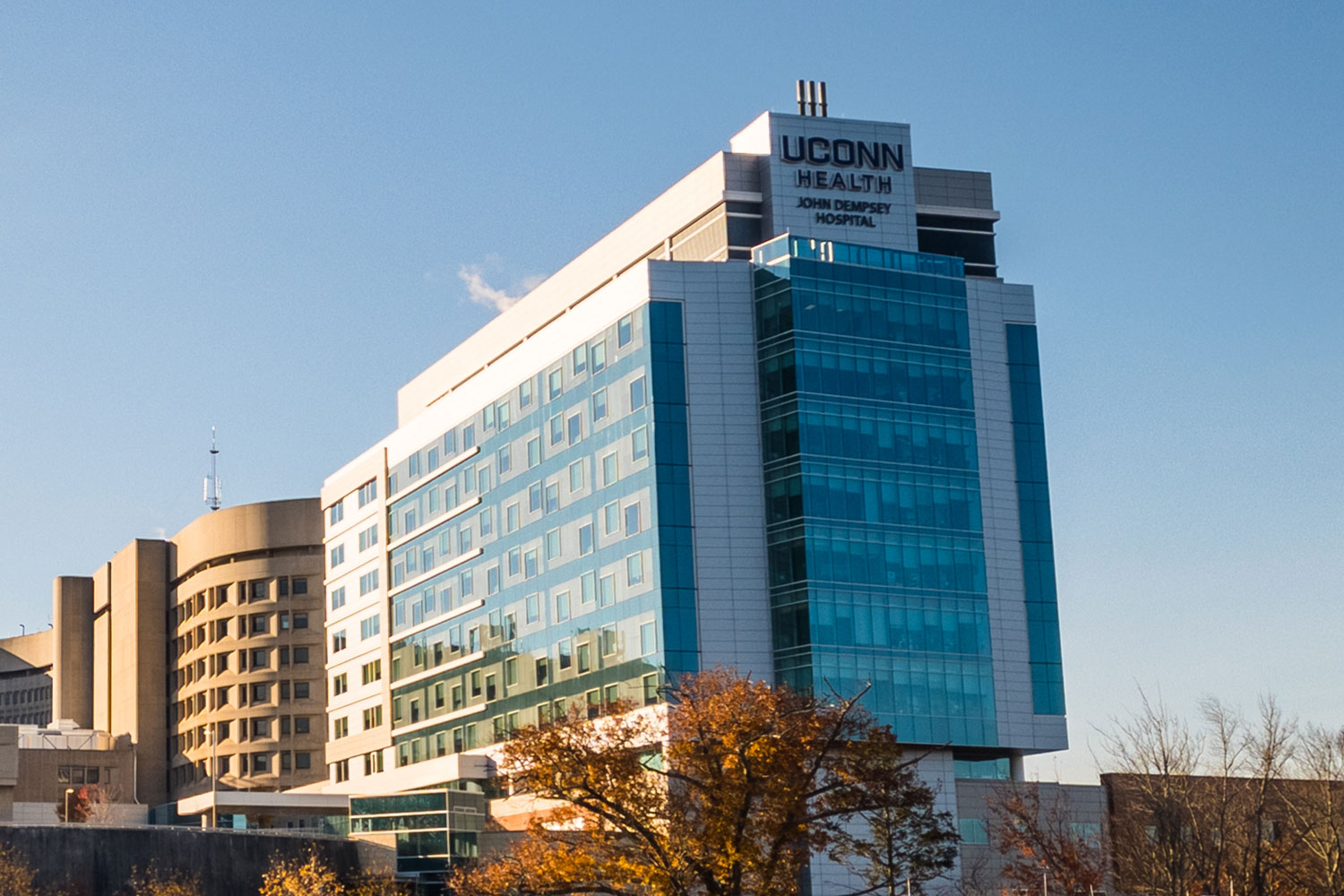 Connecticut could raise as much as $5 billion in revenue a year by eliminating tax exemptions, more than covering the state’s projected deficit of $3 billion a year, according to the latest issue of The Connecticut Economy.
Connecticut could raise as much as $5 billion in revenue a year by eliminating tax exemptions, more than covering the state’s projected deficit of $3 billion a year, according to the latest issue of The Connecticut Economy.
Steve Lanza, editor of the quarterly magazine, says that while cuts to state government jobs are an obvious target for policy makers, even a simple model of economic effects predicts “the consequences would be significant – a relapse back into recession.”
Cutting 12,000 government jobs has the effect of losing 29,000 to 30,000 jobs, about the same as the state lost during the recession, because of the drop it would cause in consumer spending by those who lose their jobs, he said.
An alternative cut, outlined in the new issue, is to target “stealth” government spending in tax exemptions, he said, such as exemptions to the sales and use tax.
Among these, the exemption on taxing sales by nonprofit institutions loses the state $700 million in revenue a year; a motor vehicle fuel exemption tax at the wholesale level loses the state $400 million; and the exemption on taxing the sale of clothing that costs less than $50 costs the state $130 million annually.
While ending the exemptions may be easier said than done, Lanza noted, their $5 billion a year total would more than cover the state’s deficit.
Arthur Wright, professor emeritus of economics, writes in the new issue that more than 50 percent of the exemptions show up in the state’s sales and use tax. Among the other sales tax exemptions are newspapers and magazines, amusement and recreation services, prescription medicine, food, and heating fuel.
Corporate business tax credits total $348 million a year, a figure that Lanza termed ‘surprisingly low,’ accounting for only 6.5 percent of the state’s total tax exemptions.
Personal income tax credits, such as the property tax credit and social security benefits, total $590 million a year.
Lanza said that while the economy has hit a “speed bump” in job growth, consumer spending and retail sales are recovering, and the state’s tax revenues are growing at 8 percent a year. Housing prices are down 20 percent in Connecticut, and building permits are only at 20 percent of the level prior to the recession. While the housing market shows potential, he added, it will not take off until the foreclosure backlog clears.


